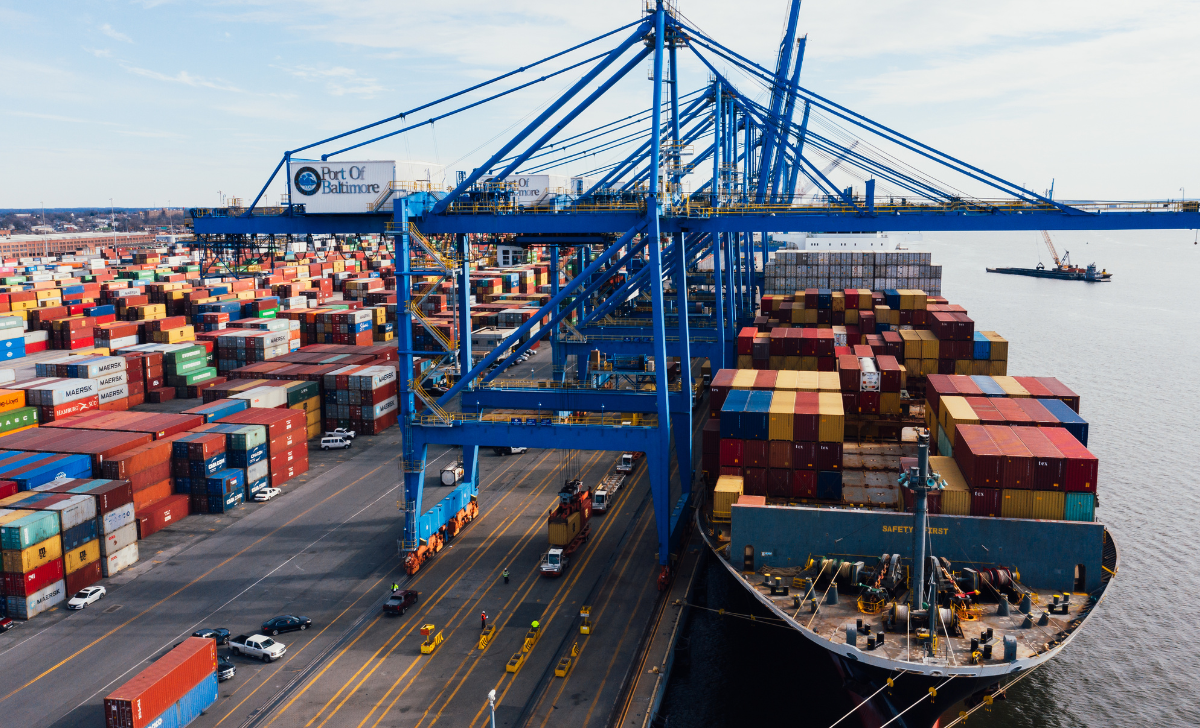
How Logistics Companies Work
Logistics plays a vital role in the modern global economy. It involves the management and coordination of various processes, including transportation, warehousing, inventory management, and order fulfillment. In this article, we will explore how logistics companies work, highlighting their key functions, processes, and the importance of their services in today’s business landscape.
Become a Dispatch Master with Dispatcher101 training course. Get essential abilities for effectively managing transportation logistics.
Introduction to Logistics Companies
Logistics companies are specialized organizations that provide comprehensive solutions for the movement and management of goods. They ensure that products are delivered efficiently and effectively from the point of origin to the point of consumption. These companies play a crucial role in supply chain management, helping businesses optimize their operations and meet customer demands.
Key Functions of Logistics Companies
1. Transportation and Freight Management
Transportation is a critical aspect of logistics. Logistics companies manage the movement of goods through various modes of transportation, including road, rail, air, and sea. They analyze the most cost-effective and time-efficient routes, negotiate with carriers, handle documentation, and track shipments to ensure timely delivery. Freight management involves coordinating shipments, consolidating cargo, and optimizing load distribution.
2. Warehouse and Inventory Management
Warehousing and inventory management are essential components of logistics operations. Logistics companies oversee the storage, organization, and handling of goods in warehouses. They employ advanced inventory management systems to track stock levels, monitor expiration dates, and manage order fulfillment. Effective warehouse management minimizes storage costs, reduces inventory holding time, and enhances supply chain efficiency.
3. Order Fulfillment and Distribution
Logistics companies are responsible for order fulfillment and distribution. They receive orders from customers or clients, process them, pick and pack the products, and arrange for their delivery. These companies ensure accurate and timely order processing, optimize packaging and labeling, and coordinate with shipping partners to deliver the products to the end customers. Efficient order fulfillment enhances customer satisfaction and loyalty.
Technology in Logistics
The logistics industry has witnessed significant advancements in technology. Logistics companies leverage innovative tools and software to streamline operations, improve efficiency, and enhance customer service. Technologies like GPS tracking, warehouse management systems, route optimization software, and electronic data interchange enable real-time tracking, automation, and data-driven decision-making.
Importance of Logistics Companies
Logistics companies play a crucial role in the global economy and business landscape. Here are some key reasons why their services are vital:
- Supply Chain Efficiency: Logistics companies optimize supply chains, reducing costs, minimizing delays, and enhancing overall efficiency.
- Customer Satisfaction: Efficient logistics ensure timely delivery, accurate order fulfillment, and excellent customer service, leading to enhanced customer satisfaction.
- Global Trade Facilitation: Logistics companies facilitate international trade by managing customs processes, documentation, and compliance.
- Inventory Management: Effective logistics help businesses manage inventory, reduce stockouts, and minimize holding costs.
- Competitive Advantage: Streamlined logistics operations provide businesses with a competitive edge by enabling faster order fulfillment and improved customer experience.
Challenges Faced by Logistics Companies
While logistics companies play a critical role in the global economy, they also face several challenges. These include:
- Supply Chain Disruptions: Natural disasters, political instability, or global crises can disrupt supply chains and impact logistics operations.
- Rising Costs: Fluctuating fuel prices, infrastructure costs, and labor expenses can pose financial challenges for logistics companies.
- Capacity Constraints: Limited transportation infrastructure and equipment availability can lead to capacity constraints and logistics bottlenecks.
- Regulatory Compliance: Logistics companies must navigate complex regulations, trade restrictions, and customs procedures to ensure compliance.
- Technological Integration: Adopting and integrating new technologies into existing logistics systems can be a complex and resource-intensive process.
Future Trends in Logistics
The logistics industry is continuously evolving. Several trends are shaping its future:
- Automation and Robotics: Logistics companies are increasingly adopting automation and robotics to optimize warehouse operations and improve efficiency.
- Internet of Things (IoT): IoT devices and sensors enable real-time tracking, monitoring, and data collection, enhancing supply chain visibility.
- Artificial Intelligence (AI): AI-powered analytics and algorithms enable predictive planning, demand forecasting, and route optimization.
- Sustainability and Green Logistics: Logistics companies are embracing eco-friendly practices, such as electric vehicles and renewable energy sources, to reduce environmental impact.
- Last-Mile Delivery Innovation: With the rise of e-commerce, logistics companies are exploring innovative last-mile delivery solutions, including drones and autonomous vehicles.
Conclusion
Logistics companies are the backbone of global supply chains, ensuring the smooth movement of goods from producers to consumers. Their key functions, such as transportation management, warehouse operations, and order fulfillment, enable businesses to operate efficiently and meet customer expectations. As technology advances and new trends emerge, logistics companies must adapt and embrace innovation to stay competitive in an ever-evolving industry.
If you are looking to track multiple couriers without any hassle, you can visit here:
FAQs
Q1. How do logistics companies coordinate transportation across different modes?
Logistics companies leverage their expertise and partnerships with various transportation providers to coordinate the movement of goods across different modes. They analyze factors like cost, speed, and reliability to determine the optimal transportation routes.
Q2. Can logistics companies handle international shipments?
Yes, logistics companies specialize in managing international shipments. They handle customs procedures, documentation, and compliance to facilitate smooth cross-border trade.
Q3. How do logistics companies ensure accurate order fulfillment?
Logistics companies employ advanced inventory management systems and pick-and-pack processes to ensure accurate order fulfillment. They also have quality control measures in place to minimize errors.
Q4. What role does technology play in logistics operations?
Technology plays a crucial role in optimizing logistics operations. It enables real-time tracking, automation, data analysis, and decision-making, leading to increased efficiency and customer satisfaction.
Q5. How can logistics companies contribute to sustainability?
Logistics companies can contribute to sustainability by adopting eco-friendly practices, optimizing transportation routes, and leveraging green technologies like electric vehicles and renewable energy sources.
